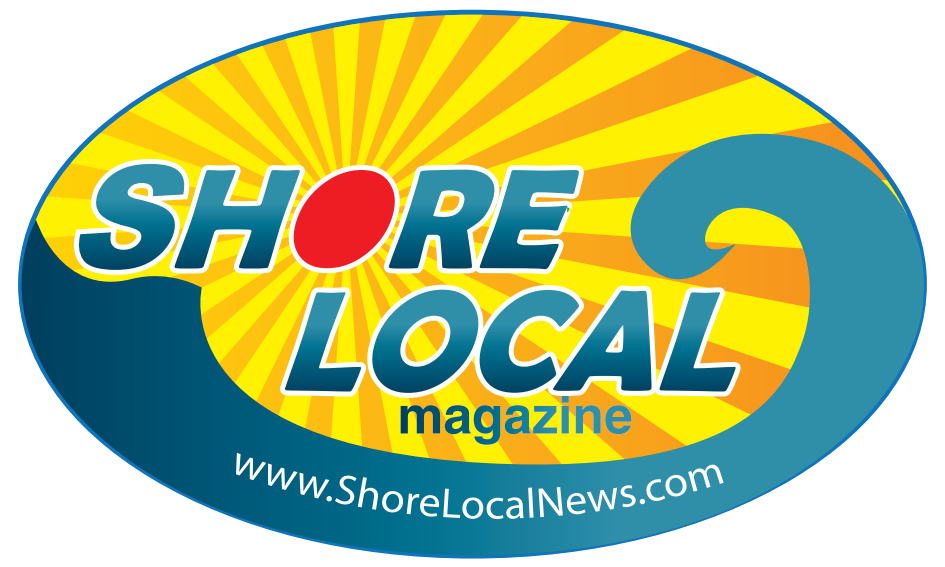By Eric Reich
For most of us, gone are the days of pensions. They have been replaced with 401(k)s, and similar plans. By no means are 401(k)s
bad, actually quite the opposite, but they are simply different than pensions. The primary difference is that all of the responsibilities of a 401(k) fall on the employee vs. the employer in a pension plan. Those responsibilities unfortunately also come with a common set of problems. We have seen the same few problems over and over lately so I figured that this week we should address those issues so that we can help others avoid them.
- Cash in the account. I’m alarmed at the amount of cash (non-invested) money I see on 401(k) statements lately. While Money Market rates are higher than they have been in decades, this doesn’t translate well to a 401(k). For many, these cash balances are simply due to fear about the equity markets, etc. I’m fine with cash in a brokerage account earning 5+% in a money market right now. What I can’t get comfortable with is having it earn almost nothing in a 401(k). Not only is the interest rate typically not acceptable, but a 401(k) is a retirement savings account that typically carries a longer time horizon. When I see 40–50-year-olds with high cash balances I know that they are likely missing out on a lot of potential future growth. Having a cash drag of just 2-4% can have a dramatic effect on your future account balance. Keep cash in your high-yield savings accounts and out of your 401(k).
- Not rebalancing your portfolio. Rebalancing in general is an often-overlooked necessity in a portfolio. Many people have a difficult time selling “winners” and buying “losers” in their 401(k). The reality, however, is that what is good (or bad) today may likely not be going forward, and a failure to rebalance can cause your risk tolerance to get completely out of whack. Rebalancing is key to maintaining a well-diversified portfolio which may likely perform better over the long run and be better suited to your goals and risk tolerances.
- Not rolling over old 401(k) plans to your new plan or an IRA. Leaving money with a former employer is almost never a good idea. Companies often change providers, etc. and your money sitting in those plans will likely get moved to different funds if you leave it there. This can cause your risk tolerance and overall portfolio to be invested other than you intended it to be. Rollovers can also allow more flexibility than former 401(k) plans as well. Money in a former 401(k) plan can also be much harder for beneficiaries to track down.
- Not checking beneficiaries. We already mentioned that it can be harder for beneficiaries to track down funds in an old 401(k). I think an even bigger issue with 401(k)s can be the beneficiaries themselves. When our lives change, we don’t always think about everything that needs to change with them. Beneficiaries are a key change we need to consider when we go through any major life change. Divorce, children, a new marriage, or the death of a spouse can all be reasons to need to update a beneficiary form. Getting married automatically changes your 401(k) beneficiary even if you don’t want it to. A new spouse would have to sign off on you naming another beneficiary other than your spouse. This could be avoided, however, with an IRA rollover.
There are many more potential mistakes to make in a 401k, but I just wanted to highlight a few of the most common ones we have seen lately. By reviewing these plans regularly, you can help prevent them.
A rollover of retirement plan assets to an IRA is not your only option. Carefully consider all of your available options which may include but not be limited to keeping your assets in your former employer’s plan; rolling over assets to a new employer’s plan; or taking a cash distribution (taxes and possible withdrawal penalties may apply). Prior to a decision, be sure to understand the benefits and limitations of your available options and consider factors such as differences in investment related expenses, plan or account fees, available investment options, distribution options, legal and creditor protections, the availability of loan provisions, tax treatment, and other concerns specific to your individual circumstances.
Securities offered through Kestra Investment Services, LLC (Kestra IS), member FINRA/SIPC. Investment advisory services offered through Kestra Advisory Services, LLC (Kestra AS), an affiliate of Kestra IS. Reich Asset Management, LLC is not affiliated with Kestra IS or Kestra AS. The opinions expressed in this commentary are those of the author and may not necessarily reflect those held by Kestra Investment Services, LLC or Kestra Advisory Services, LLC. This is for general information only and is not intended to provide specific investment advice or recommendations for any individual. It is suggested that you consult your financial professional, attorney, or tax advisor with regard to your individual situation. To view form CRS visit https://bit.ly/KF-Disclosures.
Eric is President and founder of Reich Asset Management, LLC. He relies on his 25 years of experience to help clients have an enjoyable retirement. He is a
Certified Financial Planner™ and Certified Investment Management AnalystSM (CIMA®) and has earned his Chartered Life Underwriter® (CLU®) and Chartered Financial Consultant® (ChFC®) designations. A lifelong resident of Cape May County, Eric resides in Seaville, NJ with his wife Chrissy and their sons ,CJ and Cooper, and daughter Riley.










